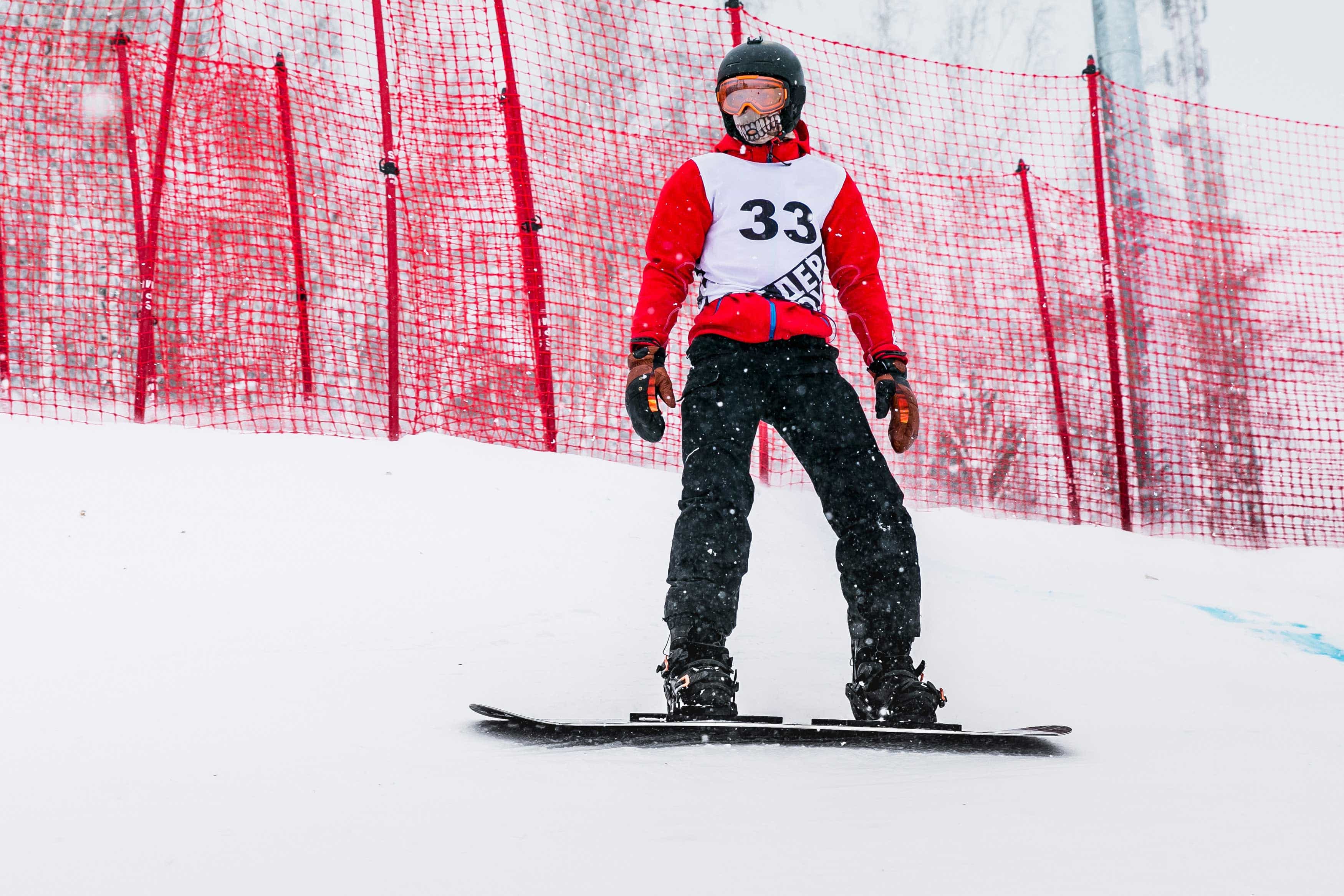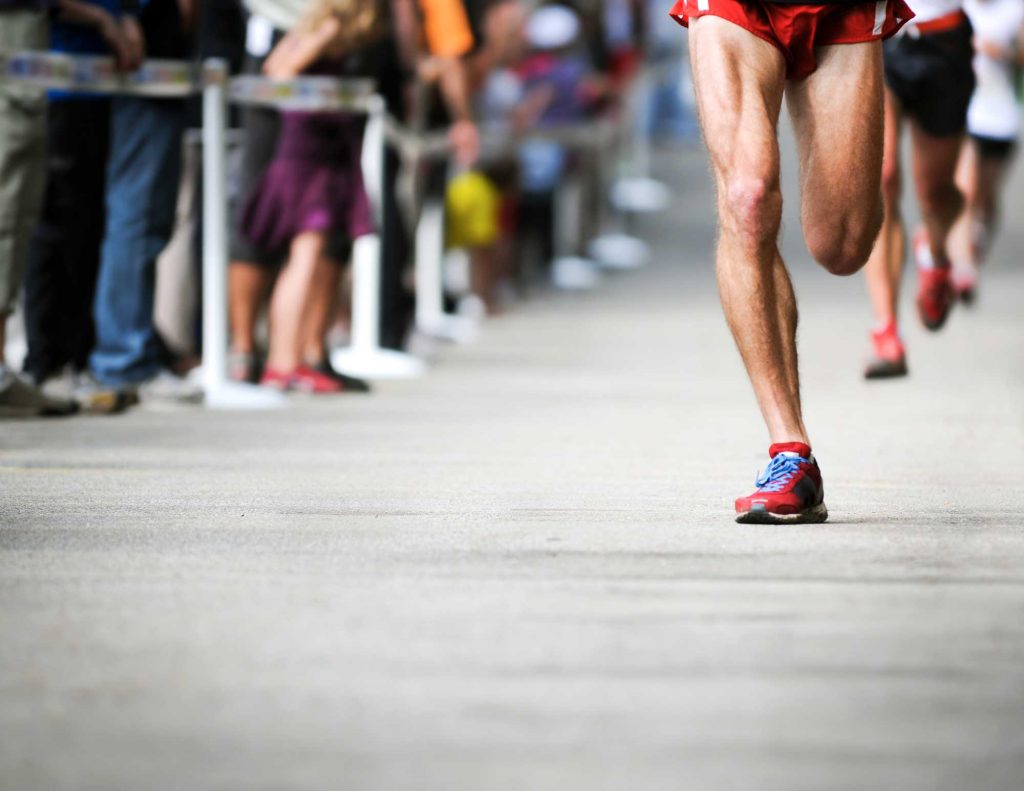Destination sport
The Olympic and Paralympic Games and FIFA World Cups can drive urban regeneration, create jobs and spur local spirit. But what about small-scale sport tourism? Sport economist Ben Martin looks at some important things to consider when planning and hosting lower profile sports events to ensure they bring lasting benefits to a host community’s economy and tourism industry.
When it comes to sport, few things compare to being part of the excitement and roar of a crowd, whether you’re pitch, pool or track side.
These days, an increasing number of people are travelling abroad to watch and cheer on their favourite team or athlete. In fact, sport tourism is one of the fastest-growing sectors in global tourism.
Creating positive legacies
So-called ‘mega’ events such as the Olympic and Paralympic Games, FIFA World Cup and Commonwealth Games attract new visitors to a city or region and can generate positive legacies such as local urban regeneration and employment. However, despite the International Olympic Committee’s 2014 reforms to make bidding for the Olympic Games more affordable, only a relatively small group of cities have the capability and funds to bid for and host mega events. Even then, they often struggle to capture the public’s imagination and support needed to see through the process. Hamburg’s bid to host the 2024 Olympics for example collapsed after most of the city’s residents voted against the multi-billion Euro project in a referendum.
The significance of smaller
Outside of the mega sport event circuit, an increasing number of cities and towns are recognising that bigger is not necessarily better. A balanced portfolio of smaller or lower profile sport and other events not only require less public investment to get off the ground, but have the potential to attract a steady flow of visitors, generate local and international publicity and interest, boost the local economy, strengthen community spirit and reinforce their image and reputation. This is especially the case for smaller economies with strong natural or existing built assets and good accessibility looking to establish themselves on the tourist map.

Look to your strengths
The Cayman Islands is one example. The British Overseas Territory has a population of less than 60,000, but in recent years it has hosted The Confederation of North, Central America and Caribbean Association Football youth soccer tournament, attracting 3,000 visitors to the island, while the Cayman Invitational Track event featuring Usain Bolt brought 110 coaches and athletes to the region, leading to 115 articles in international press, including ESPN and the BBC.
The Travel Activities and Motivations Survey (TAMS), which looks at the travel patterns of Americans and Canadians, suggests sport tourists are also more likely than your average tourist to attend festivals, concerts and live theatre during their stay — many of these attractions are already offered in established and emerging travel destinations throughout the world.
Arrive earlier, stay later
Generating the greatest benefits from smaller-scale sporting events lies not only in promoting the event itself, but giving sport tourists reasons to arrive at the destination earlier, stay later and spend more. To do this, tourism boards and authorities need to think strategically about travel packages and incentives and associated cultural programmes.Allocating the appropriate resources is another important factor. The City of Hamilton in Ontario, Canada, is a good case in point — in 2005 Tourism Hamilton adopted a Sport Tourism Action Plan and hired two full-time staff dedicated to driving sports tourism across the city. By making sports tourism a strategic priority, Hamilton held 136 sport events during 2006 and 2007, up 120 per cent on the previous year.
Strategies for success
What are some other key strategic considerations when planning and hosting small-scale sporting events to spur lasting, positive legacies in host communities?
Build on what you’ve already got
Sporting events provide great opportunities for destinations to promote and strengthen their existing natural and built tourist attractions. By doing so, sports tourists will have good reason to stay longer and explore the local area.
We have been looking at ways to increase tourism during off-peak and shoulder (between peak and offpeak) months at one of the world’s leading superyacht destinations, Porto Montenegro, off the Bay of Kotor in Tivat, Montenegro, by creating high-profile invitational sport events such as triathlons and adventure races that capitalise on the dramatic coastal and mountain landscape.
Choose the right sport
Success will depend on how well the chosen sport or activities suit the destination’s demographic, natural setting and local activities. Queenstown in New Zealand has successfully capitalised on its adventure tourism credential to develop the American Express Queenstown Winter Festival, attracting over 45,000 people to this annual event.

Think off-peak
Sports are a year-round pastime, but an effective sport tourism strategy should particularly look to promote sporting events during the slower tourism periods when accommodation is more readily available and more affordable.
Package and incentivise
Creating travel packages makes a destination more attractive to sport fans and participants. Here, it works well when sport and tourism bodies work together to create attractive packages and incentives, such as discounted hotel rates for particular sport events.
Creating travel packages makes a destination more attractive to sport fans and participants. Here, it works well when sport and tourism bodies work together to create attractive packages and incentives, such as discounted hotel rates for particular sport events.The Malta Tourism Authority and the Malta Sports Council work to increase tourism during off-peak and shoulder months by offering subsidies to the National Sports Association per number of hotel beds booked during sports events. This incentive generated 60,000 additional ‘bednights’ over the initial three-year period.
The Malta Tourism Authority and the Malta Sports Council work to increase tourism during off-peak and shoulder months by offering subsidies to the National Sports Association per number of hotel beds booked during sports events. This incentive generated 60,000 additional ‘bednights’ over the initial three-year period.
Partner up
It takes a multitude of agencies and organisations, from tourism boards to volunteer groups, to effectively plan and host any scale of sport event or any tourism event for that matter — each with their own objectives and capabilities. Creating a dedicated stakeholder group or bidding organisation can help promote collaborative working and align different agendas.
Think local
It’s a good idea to get local businesses involved from the start — not only will visitors be staying in their hotels and eating at their restaurants, but businesses can offer insight into which events might be best suited to the local services on offer. Many events now run a concurrent business club in association with the local chamber of commerce.







